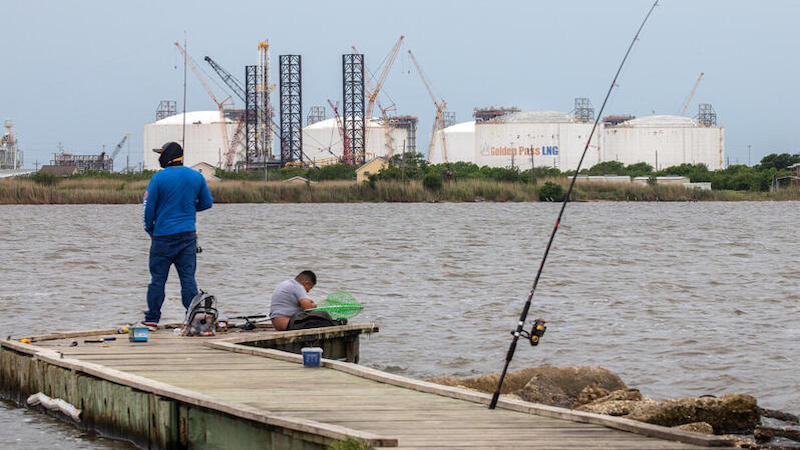The US, Germany and Italy have been accused of backsliding on a Glasgow promise to end public subsidies to fossil fuel projects overseas
The United States, Italy and Germany are among rich countries providing billions of dollars of public subsidies to fossil fuel projects abroad this year despite promises to end this support.
Export credit and development agencies from six developed nations have approved $4.4 billion in funding for oil and gas projects overseas since the start of 2023, research from campaigning group Oil Change International shows.
More than half of the total financing has been provided by the United States ($1.5 billion) and Italy ($1.2 billion), followed by Germany, Japan, the Netherlands and Switzerland.
Claire O’Manique from Oil Change International said the countries are “going rogue by backtracking on their commitment to end international public finance for fossil fuels”. “Public money that should be going to support a just transition to renewable energy is instead being pumped into more climate-wrecking fossil fuel projects”, she added.
One pledge, many interpretations
Twenty countries signed up to the Glasgow Statement at Cop26 pledging to end new direct public finance for overseas fossil fuel projects by the end of 2022.
However, the signatories have interpreted the promise in different ways.
Mexico’s ruling party picks climate scientist for presidential run
The United Kingdom and France have stopped all public subsidies going to international fossil fuel projects. Italy carved out a wide range of energy security exemptions for the continued support of fossil fuel projects. Germany published a draft policy for its export credit agency last July planning to support new gas projects overseas until 2025. The US has not made its guidelines public.
The Glasgow pledge allowed exceptions in “limited and clearly defined circumstances that are consistent with a 1.5C warming limit”. The International Energy Agency warned last year that investment in new coal, oil and gas production was incompatible with limiting global warming to 1.5C.
LNG and oil expansion
The US and Germany have backed projects aiming to boost the production and trade of liquified natural gas (LNG), which has been in heightened demand since Russia’s invasion of Ukraine.
The expansion of an oil refining facility in Indonesia’s Borneo has received support from the Italian and US export credit agencies. The US Export-Import Bank justified its
Read More

